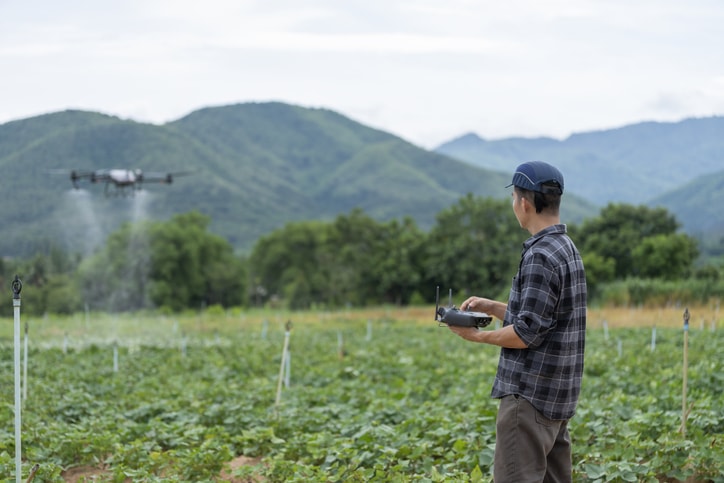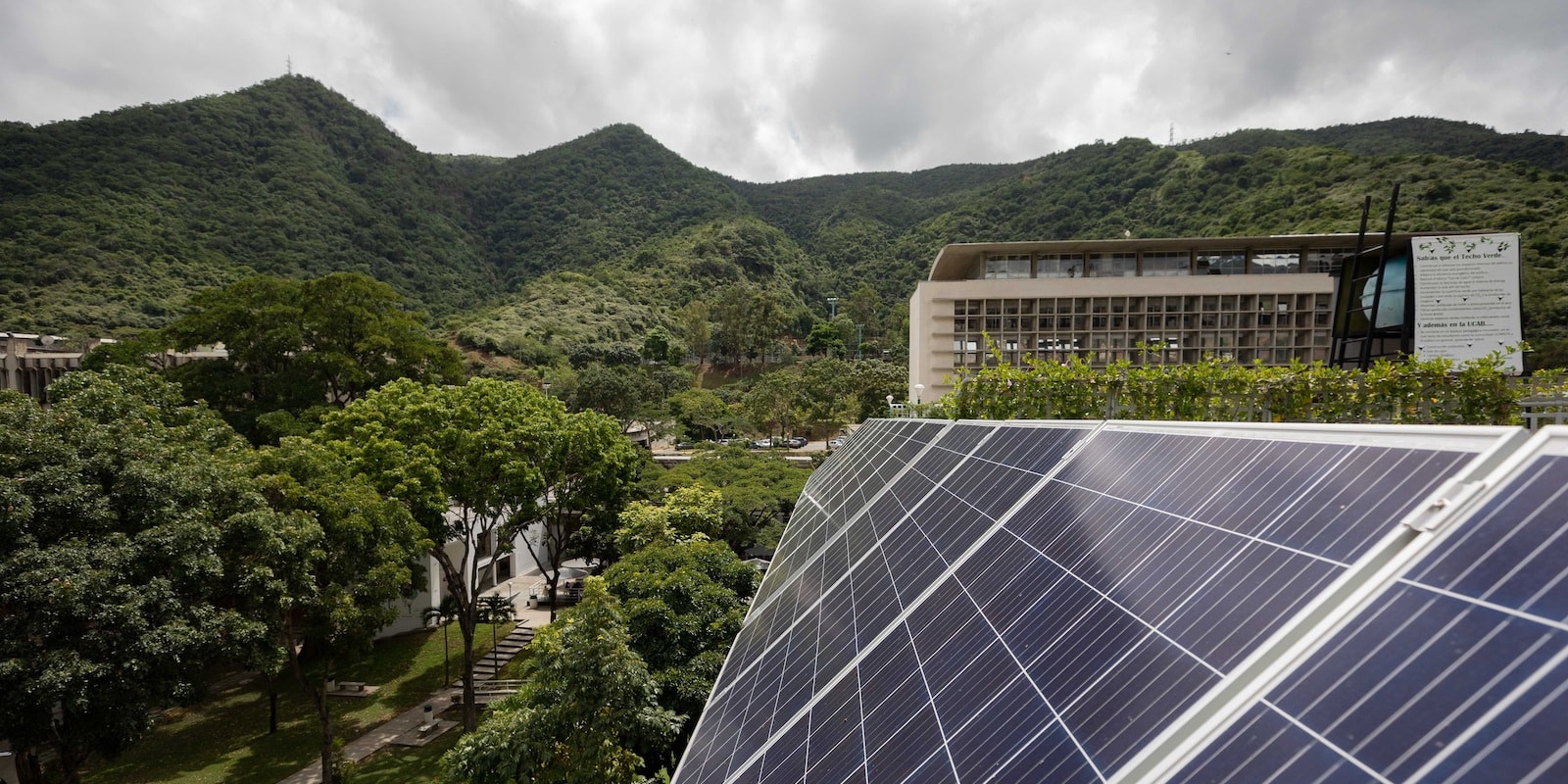Tuesday, August 9, 2022
R.A. – Agencia Colpisa
Genetic engineering and feed additives to reduce the emission of gases in ruminants are the focus of research led by CSIC.
The Spanish National Research Council (CSIC) is leading the European Re-Livestock project, which seeks to evaluate and facilitate the adoption of innovative practices to reduce greenhouse gas (GHG) emissions from livestock farming systems, and increase their capacity to cope with the possible impacts of climate change.
Among the current challenges facing us is the need to transform Europe's food system to meet the objectives of the European Green Deal and adaptation to new climate change scenarios.
"Globally, agriculture generates about one-third of all GHGs. In Europe, almost 70% of all agricultural GHG emissions come from livestock; therefore, production and supply chains must undergo a radical change if they are to become more sustainable," says David Yáñez-Ruiz, CSIC researcher at the EEZ-CSIC, and of Re-Livestock coordinator.
The project will address strategies on the use of new feed additives and ingredients, the optimization of grazing management to reduce the carbon footprint of animal feed, and the development of genetic selection systems in favor of animals that generate lower levels of emissions and are better able to adapt to heat stress, especially using local breeds.
An international project
“Another strategy," explains the researcher, "is the redesign of livestock housing and the use of state-of-the-art digital technologies suited to the climate change scenarios of each region. And of course, the development of user-friendly tools to assess the sustainability of livestock systems based on circularity principles," adds Yáñez-Ruiz.
To achieve these objectives, Re-Livestock has 37 partners from 13 countries. The multidisciplinary team is made up of specialists in animal nutrition, genetics and welfare, precision agriculture, and environmental and socioeconomic assessment.
Furthermore, there is strong collaboration with the European livestock industry. This project will develop several clusters of innovative practices and field laboratories covering the cattle (dairy and beef) and swine sectors in Europe.
Two CSIC centers are participating: the Zaidín Experimental Station (EEZ-CSIC) and the National Institute for Agricultural and Food Research and Technology (INIA-CSIC).
The project, which will last five years, is part of the first call of the Horizon Europe research program and will receive €12 million in funding.
¿Te ha parecido interesante?





